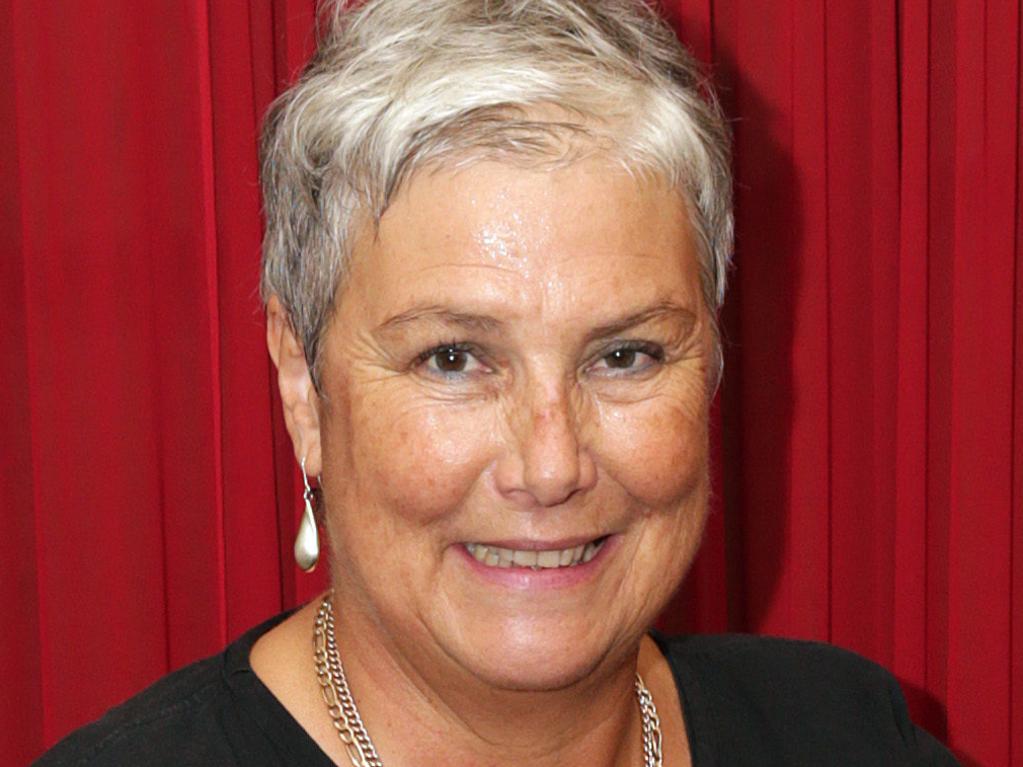
Professor Riittakerttu Kaltiala, a research-practitioner who has treated minors with mental health issues for decades, argues that adolescence is a time when our identity undergoes construction. And the ultimate outcome of this construction will be unknown to parents and doctors, and even to individual children themselves.
For this reason, Kaltiala argues, children experimenting with gender identity should neither be affirmed nor denied. “Acceptance is saying that you are a boy who feels like you are a girl. It’s OK and you can be who you are and let’s see what happens when you grow up,” she told the newspaper.
The professor explained that when a behaviour is suppressed, the child’s emotional world is denied, whereas if a behaviour or identity is affirmed, then the body is denied. In both cases, the “child gets the message that there is something wrong with (them)”.
At the heart of Kaltiala’s message is the wisdom of acceptance, and the knowledge that cultivating it helps individuals to reach peace. This message is at the core of ancient traditions such as Stoicism, which teaches its followers to accept the world as it is, while trying to change only that which is in our control. The insights of the Stoics have persisted since the third century BC, so it is not surprising that competent psychologists and psychiatrists use a similar approach.
This is not the approach adopted by our public health system in Australia, however. Currently, across the country, there are five pediatric gender clinics offering what is called “gender affirmative care”. On the website for Melbourne’s Royal Children’s Hospital gender clinic, the Australian Standards of Care and Treatment Guidelines are advertised, which state clearly that medical practitioners must use “affirming language” and must not withhold gender affirmative treatment from minors who seek it out. If they do – according to these standards – they “may exacerbate distress” including “depression, anxiety and suicidality”.
Yet a growing international coalition of concerned researchers, psychiatrists, psychologists, parents, journalists and trans individuals themselves is pushing back against this one-size-fits-all model. Around the world there is growing awareness that this model of care may be iatrogenic – that is, it may result in medically induced harm. Puberty blockers are known to reduce bone density and the long-term impact on cognitive and neurological development is unknown. Taking cross-sex hormones is known to cause infertility.
The dominance of the affirmative care model rests on the claim that if gender dysphoric children are unable to access affirming treatment when they want it, they are more likely to commit suicide. But not everyone agrees. The claim that children who are not immediately affirmed will become suicidal is “purposeful disinformation that is irresponsible to spread”, according to Kaltiala. “Mentally healthy young people who experience their gender in a way that differs from their biological body are not automatically suicidal,” she says.
Gender clinics in Australia and around the world have waiting lists of up to two years as the number of children, especially girls, identifying as trans has exploded. Yet there are no studies showing children on gender clinic waiting lists experience higher rates of suicide compared with children seeking mental health treatment for other reasons, such as eating disorders or depression.
To be sure, children who identify as trans are a vulnerable group. Most have serious psychiatric disorders that coexist with their gender dysphoria, according to Kaltiala. But the idea that gender affirmation will automatically relieve mental suffering is not supported by conclusive evidence.
A long-term cohort study carried out in Sweden in 2011 followed 324 adults who had undergone gender reassignment surgery and compared them with a control group from the general population. The researchers found that the group who had changed their gender via surgery had higher rates of suicide, suicide attempts, inpatient psychiatric care and, for male-to-female transsexuals, a greater number of criminal convictions.
If gender affirmation is not a panacea for transgender adults why would we assume that it is for children?
Another study carried out in Finland in 2019 found that among 52 adolescents who started gender reassignment treatment, only those who were well-functioning before treatment continued to do well after treatment.
Those adolescents who were already suffering from psychiatric disorders continued to do poorly after their gender reassignment.
The researchers concluded “medical gender reassignment was not enough to improve functioning and relieve psychiatric comorbidities among adolescents with gender dysphoria”.
In 2020, Finland’s healthcare system paused the use of puberty blockers for minors and instead recommends psychotherapy as a substitute.
Australia’s public health system might learn a thing or two from Finland. A progressive country with a world-class healthcare system, Finland has been ranked as the happiest country in the world for five years in a row, according to the World Happiness Report.
With psychiatrists such as Kaltiala influencing public policy it is not hard to see why. When asked whether young people who are gender dysphoric would feel better if the world around them respected their preferred pronouns and affirmed their chosen gender, she disagreed: “The balance of the mind does not come from making others do and see what you want.”
Claire Lehmann is the founding editor of Quillette.








Finland’s largest newspaper, the Helsingin Sanomat, recently published an interview with a professor of youth psychiatry who argues that children identifying as trans should not be encouraged by parents or doctors to change their gender.